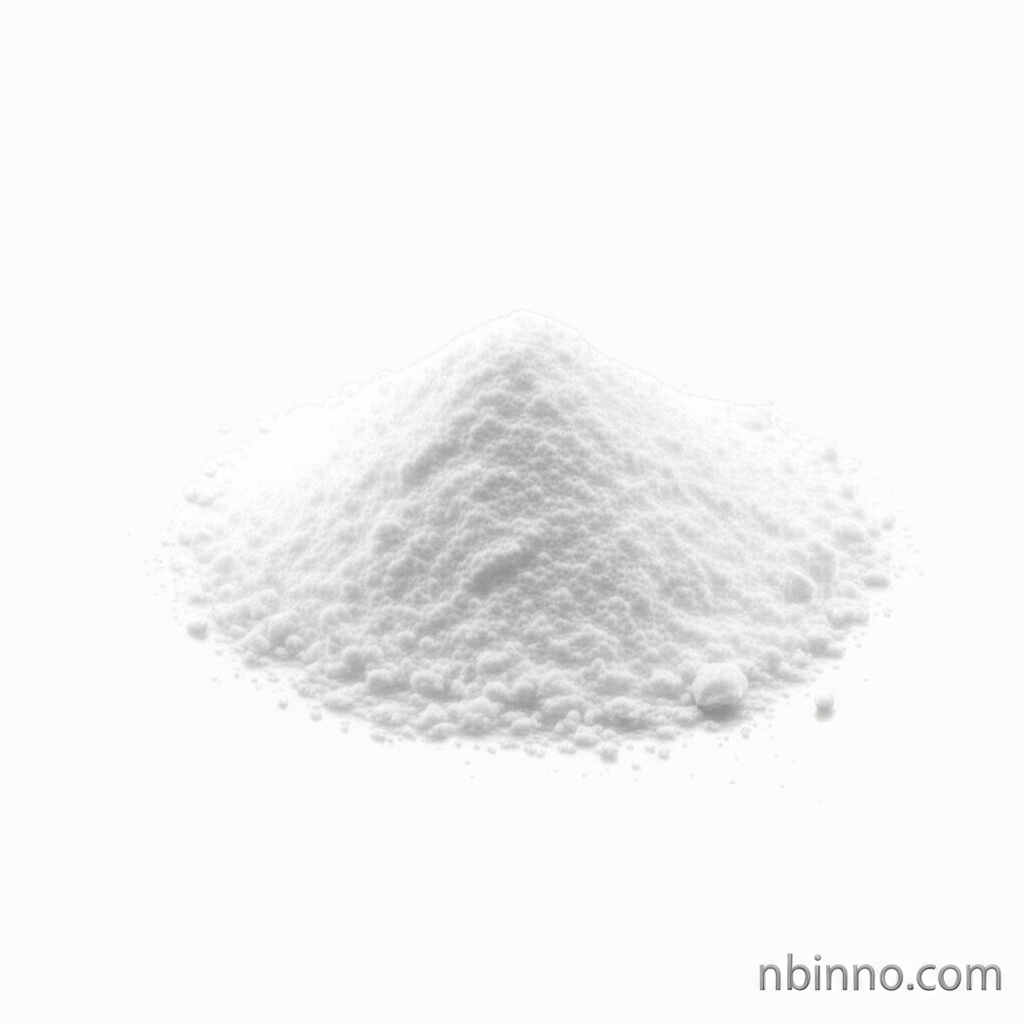Methyl (S)-Piperidine-2-carboxylate Hydrochloride: A Key Building Block for Innovation
Discover the chemical compound crucial for advanced peptide synthesis and innovative drug development.
Get a Quote & SampleProduct Core Value

Methyl (S)-Piperidine-2-carboxylate Hydrochloride
Methyl (S)-Piperidine-2-carboxylate Hydrochloride (CAS 18650-39-0) is a vital chemical intermediate, recognized for its role in the preparation of TRH analogs and as a stereoselective component in advanced organic synthesis. This compound is instrumental in medicinal chemistry research, aiding in the development of novel therapeutics.
- Methyl (S)-Piperidine-2-carboxylate Hydrochloride synthesis methods involve the reaction of (S)-piperidine-2-carboxylic acid with thionyl chloride in methanol, yielding a high-purity product.
- This compound serves as a crucial peptide synthesis building block, enabling the creation of complex peptide chains with specific functionalities.
- Its application as a CAS 18650-39-0 pharmaceutical intermediate underscores its importance in the pharmaceutical industry for drug discovery and development.
- Researchers leverage this medicinal chemistry compound to explore new molecular entities and optimize existing drug candidates for enhanced efficacy and safety.
Product Advantages
Purity and Quality
Ensuring high purity is paramount for this drug development reagent, guaranteeing reliable results in sensitive research and synthesis processes.
Versatile Application
The compound's utility extends across various fields, including peptide synthesis building block requirements and complex molecule construction in organic synthesis.
Research Facilitation
As a key component in medicinal chemistry research, it empowers scientists to design and synthesize novel compounds targeting various diseases.
Key Applications
Peptide Synthesis
Crucial for synthesizing peptides, enabling the exploration of novel peptide-based therapeutics and research into protein structures and functions.
Drug Development
A vital component in the early stages of drug discovery, facilitating the creation of new molecular entities with potential therapeutic benefits.
Medicinal Chemistry
Used extensively in medicinal chemistry to design and synthesize compounds that interact with specific biological targets, advancing pharmaceutical research.
Organic Synthesis
Serves as a versatile building block in complex organic synthesis, allowing for the creation of intricate chemical structures with defined stereochemistry.
